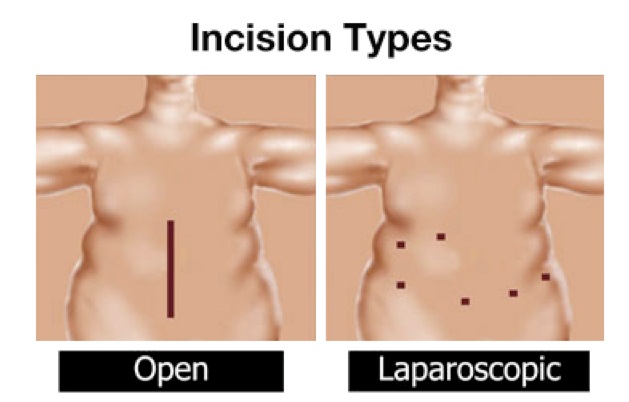Obesity Statistics and Facts in Louisiana
Obesity is a health crisis in Louisiana, affecting nearly two-thirds of the state population. In fact, 62% of adults in Louisiana are overweight or obese.
The facts are clear. Obesity is killing our state – physically and financially.
- Rates of type 2 diabetes, a disease typically associated with obesity, continue to increase in Louisiana as well.
- In addition 17 percent of Louisiana’s children age 10-17 are overweight,
- the cost to our taxpayers for dealing with obesity-related illnesses in children is a staggering $128 million per year!
Our environment, our state’s mix of ethnicities, and our diet of rich Louisiana cooking all contribute to these figures – but none of them are wholly to blame for our problem with obesity.
Obviously, something has to be done. But what?
Facing the Crisis
Healthy weight is calculated not in terms of poundage, but in terms of individual body mass index (BMI), which is calculated by multiplying a person’s weight in pounds by 703, and dividing the sum by the person’s height in inches squared.
Doctors categorize individuals with a BMI of at least 25 as overweight, and those with a BMI of 30 or above as obese.
The human body is fueled by calories from food, and requires a certain intake of these daily in order to sustain life.
If the body’s daily “fuel” intake is less than its daily needs, however, it will switch to its onboard fuel supply – fat. The only safe means of lowering BMI is by lowering caloric intake.
This is safely accomplished through medical care, based upon a complete change in lifestyle and eating habits. For some of us, education and counseling are enough to help us cut caloric intake.
Others lose weight by means of trendy diets, Spartan exercise programs, or so-called weight-loss pills, but many among these quickly regain it.
The Surgical Option
Fortunately, another option exists: weight loss surgery (also known as bariatric surgery).
Over the past 20 years, research has shown that the surgical treatment of obesity can help ease or even resolve obesity-related health problems for individuals with a BMI above 35.
The surgery works by altering the patient’s gastrointestinal system so that he or she can physically eat only a small
Risks of Surgerical Procedure
Weight loss surgery is a serious medical procedure that exposes the patient to low but significant risks.
In addition, if patients don’t follow the postoperative instructions from their surgeon about the needed dietary changes and recommended support or counseling, they may regain the weight they lost or reach a weight-loss plateau over time.
There are many qualified bariatric surgeons throughout Louisiana, each committed to providing the best surgical treatment and aftercare to ensure long term success for their patients.
From New Orleans to Shreveport, from New Iberia to Monroe, there’s a bariatric specialist who can help you.
Louisiana can face this crisis, but only if we work as a team. By keeping the goal of a healthier Gulf State in mind, we can overcome the problems caused by widespread obesity.







